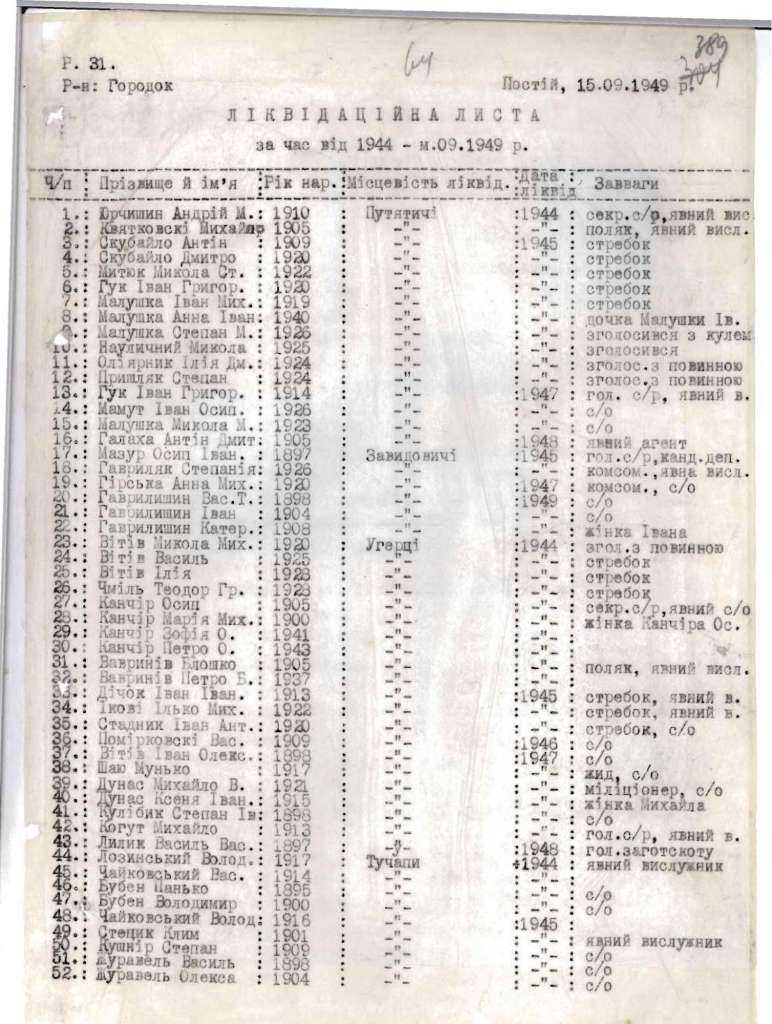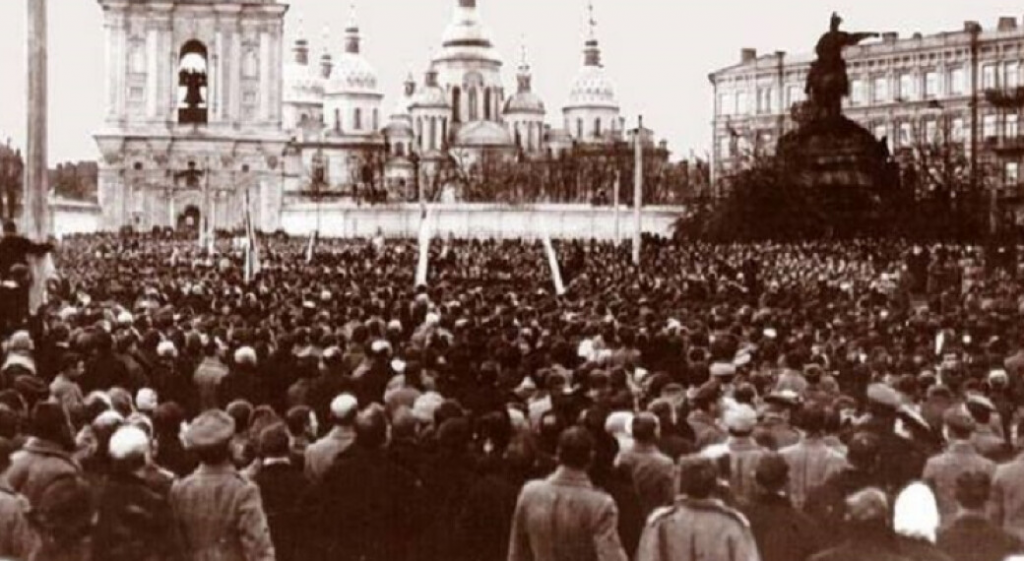“I wanted to dedicate this step to one thing – if we want understanding and national unity, we must live on the true story. Lies will not lead to partnership,” — famous quote by Ukrainian president Viktor Uschenko on the granting Stepan Bandera status of national hero.
The same person did a lot for pursuing new policies of remembrance and of studying Ukrainian history — access to archives has never been easier, starting the process of declassification of most soviet archives and actively promoting history research. Partially it was a renaissance of Ukrainian history — free from Soviet and Russian propaganda narratives.
But at the same time new state narratives and tendencies arose with uncritical regard to history and politicization of it, especially speaking about Ukrainian nationalists and the Ukrainian left-wing, trying to bring all of the left’s tradition, no matter of beliefs and views of the persons to the label of “patriots”, denying speaking about actual views of the people. The narrative created can be described as ethnocentric and civilizational, with no place for complexities and controversies, and with this, with no real dealing with actual history.
These trends were reversed by the Yanukovych administration, who tried to bring again Russian propaganda and Soviet narratives in history — which were already strongly presented as a legacy of Soviet academia, but this disruption wasn’t to last long — and Maidan accelerated trends in history studies of the Uschenko times.





